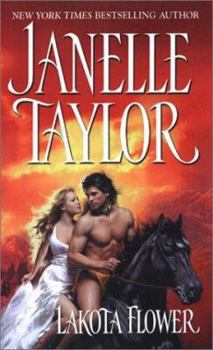Book Overview
War Eagle, son of a chief of the Oglala Lakotas, leads his hunting party on a raid, killing many soldiers and taking a white woman captive. Caroline Sims sparks a forbidden attraction in the fierce warrior, and the pair soon find themselves locked in a passionate battle for their lives.
Format:Paperback
Language:English
ISBN:0877736421
ISBN13:9780877736424
Release Date:March 1992
Publisher:Shambhala
Length:272 Pages
Weight:1.15 lbs.
Dimensions:0.6" x 6.6" x 9.1"
Customer Reviews
6 customer ratings | 5 reviews
There are currently no reviews. Be the first to review this work.





















